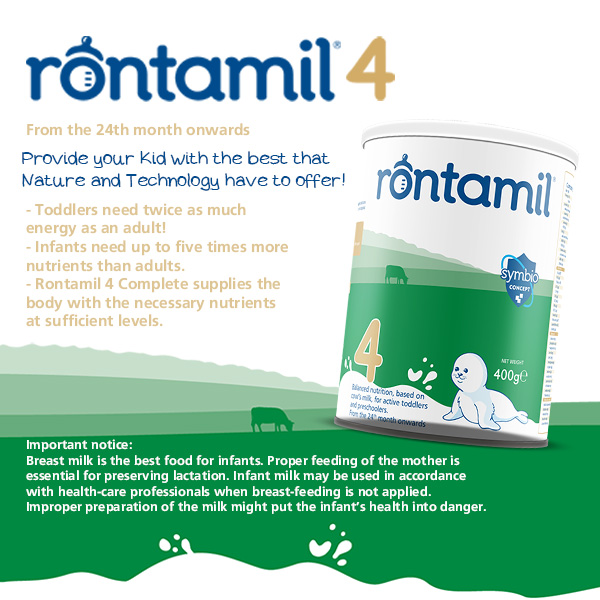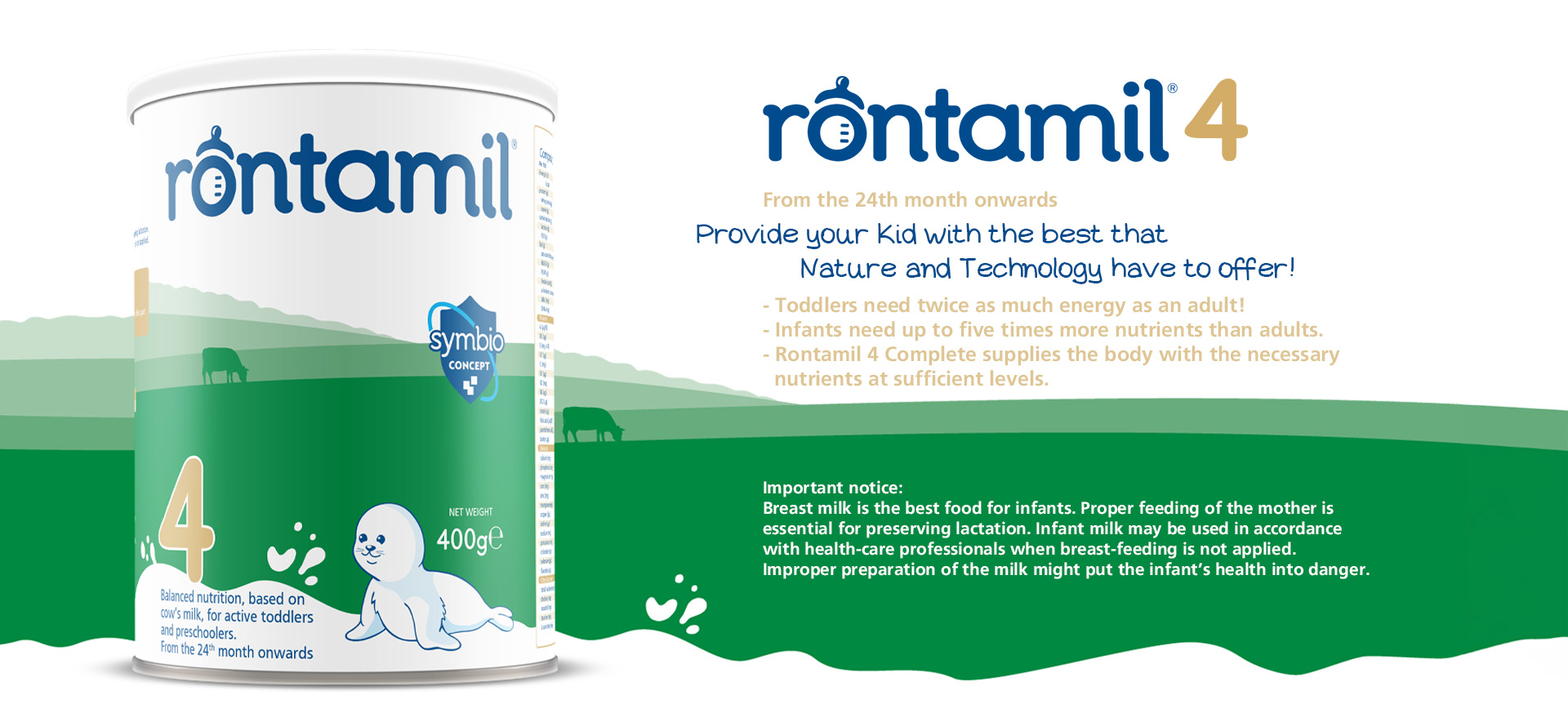Select your baby’s birth date or your due date.
Calendar
Brain health is a key factor for physical health and overall healthy ageing
1. Brain and cognitive health are directly linked to physical vitality
Emotional and mental vitality are closely tied to physical wellbeing, therefore it is crucial to maintain brain health. But with increasing age, brain function declines.
Cognitive frailty is emerging as one of the greatest health threats of the 21st century. As life expectancy has increased, so too has the prevalence of cognitive decline and dementia. The percentage of seniors with mild cognition impairment increases from 9% at the age of 60 to more than 20% at the age of 85 and older. As the percentage of very old population grows fast, cognitive decline becomes a major issue. According to the WHO, these disorders are the leading cause of disability in this age group.
2. Serotonin to sustain mental performance
Cognitive functioning involves billions of neurons that form a network in the brain and the spinal cord. These neurons send signals via their nerve endings, called synapses, to other neurons. Serotonin is a neurotransmitter that is released from the signalling neuron in order to transmit the signal to the receiving neuron. By doing so, serotonin facilitates the cellcell signalling. Serotonin is concentrated in discrete brain regions known to regulate social cognition and decision-making and thus it is directly linked to social behaviour.
Although the main effect of vitamin D is bone health, as it is involved in the regulation of calcium homeostasis and bone metabolism, other effects of vitamin D have recently gained attention.
Vitamin D has been shown to impact mental health via a regulating effect on serotonin: it seems to help activate the transformation from tryptophan, an essential amino acid, into serotonin. As people grow older, they tend to stay more indoors and produce less vitamin D by exposition to the sun. Lack of serotonin may lead to depression and a diminished mental health. Moreover, a meta-analysis confirmed that supplementation with vitamin D improves cognitive functions, especially executive functions.
Synaptic signal transmission and vitamin D effect

Since the start of the COVID-19 pandemic, seniors are the most vulnerable population. In addition, a poor nutritional status significantly increases the risk of severe COVID-19. Some studies have shown that a poor vitamin D status would increase the risk of COVID-19 infection. Vitamin D currently seems to be the most efficient micronutrient able to decrease this risk. Indeed, it may reduce the severity of the disease and increase the survival rate in seniors. To conclude, vitamin D supplementation seems to be of interest for the prevention and treatment of COVID-19.
Taking all of these health concerns into account, Dreavia has developed a dedicated product to meet the specific needs of seniors and promote healthy ageing.



